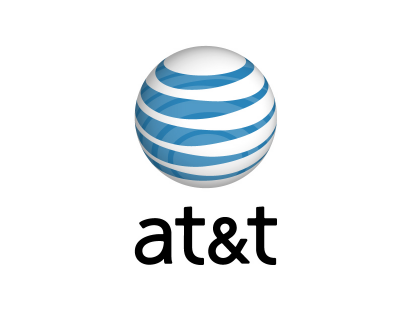US Supreme Court rejects telco antitrust lawsuit
Court sets high standard for conspiracy theorists; individual's attempt at starting class-action against local carriers fails

The nationwide telephone system in the US was broken up nearly 25 years ago, but that has not impeded customers from crying foul over perceived monopolistic behavior. Now that the former Bell operating companies are coagulating at an accelerated rate (AT&T, Verizon, and Qwest control virtually all of the local lines in the country) and the entire US telephone landscape is virtually dominated by three former Bell System companies, the pushback is likely to continue-but it will have to meet a strict legal standard in order to succeed, if today's US Supreme Court ruling is any indication.
William Twombly, a private individual, filed a lawsuit four years ago against the major carriers and their forerunners, charging them with monopolistic behavior and conspiracy. Chief among his arguments was the fact that despite a large-scale lifting of restrictions in 1996 which had previously kept local phone companies penned into their own territories by law, virtually no attempts were made by the major carriers to cross into new markets with local phone and broadband services, even though many startup and regional carriers availed themselves of the opportunity.
In the majority ruling, the court rejected the conclusion of an earlier appeals court, saying Twombly had not sufficiently established the basis of a true conspiracy to behave monopolistically. The court decision appeared to agree with quoted statements from telco executives, saying that the costs and regulatory uncertainty outweighed the potential benefits, and that lacking stronger evidence a trial could not proceed.
Get the ITPro daily newsletter
Sign up today and you will receive a free copy of our Future Focus 2025 report - the leading guidance on AI, cybersecurity and other IT challenges as per 700+ senior executives
-
 Bigger salaries, more burnout: Is the CISO role in crisis?
Bigger salaries, more burnout: Is the CISO role in crisis?In-depth CISOs are more stressed than ever before – but why is this and what can be done?
By Kate O'Flaherty Published
-
 Cheap cyber crime kits can be bought on the dark web for less than $25
Cheap cyber crime kits can be bought on the dark web for less than $25News Research from NordVPN shows phishing kits are now widely available on the dark web and via messaging apps like Telegram, and are often selling for less than $25.
By Emma Woollacott Published